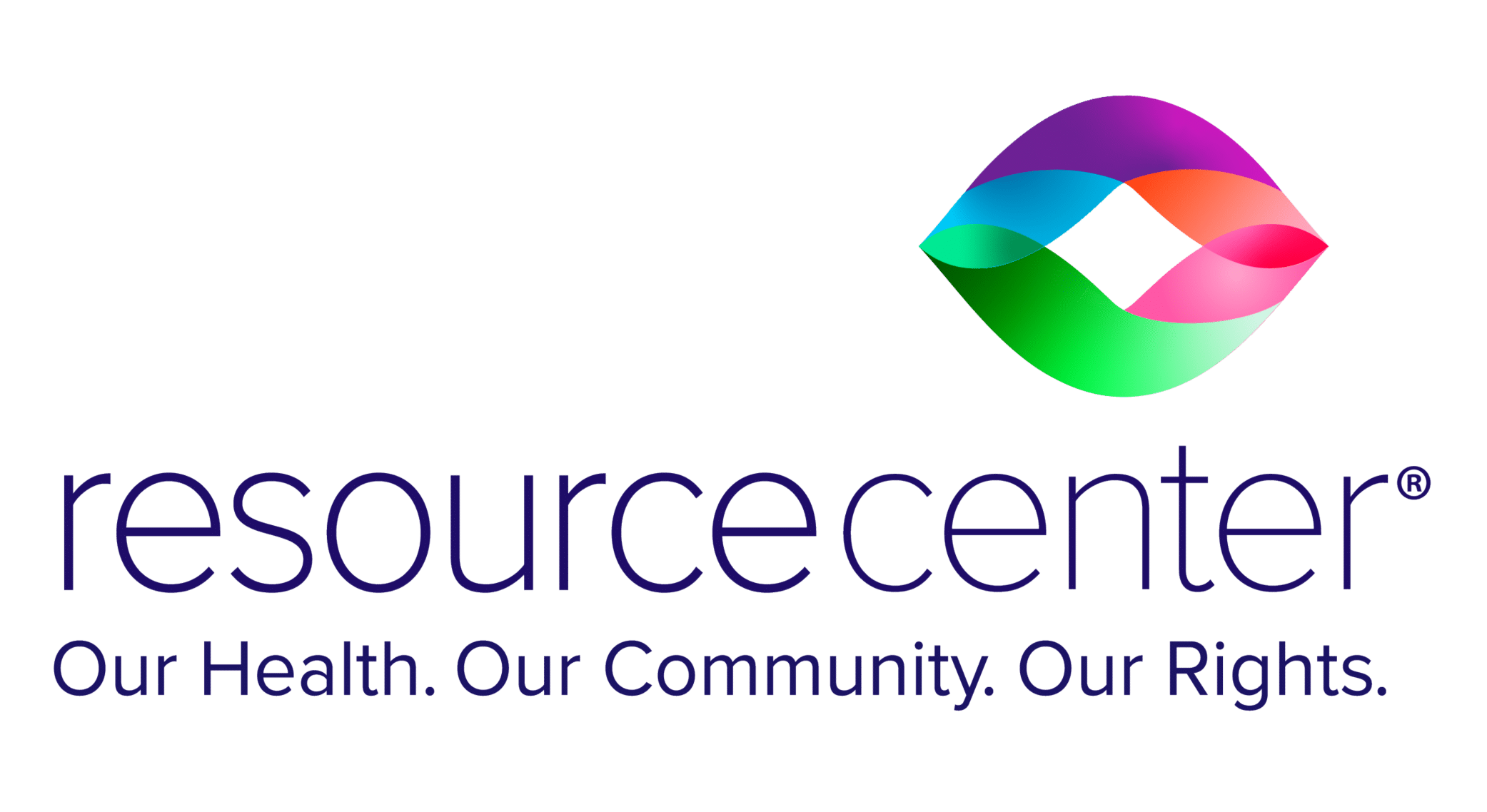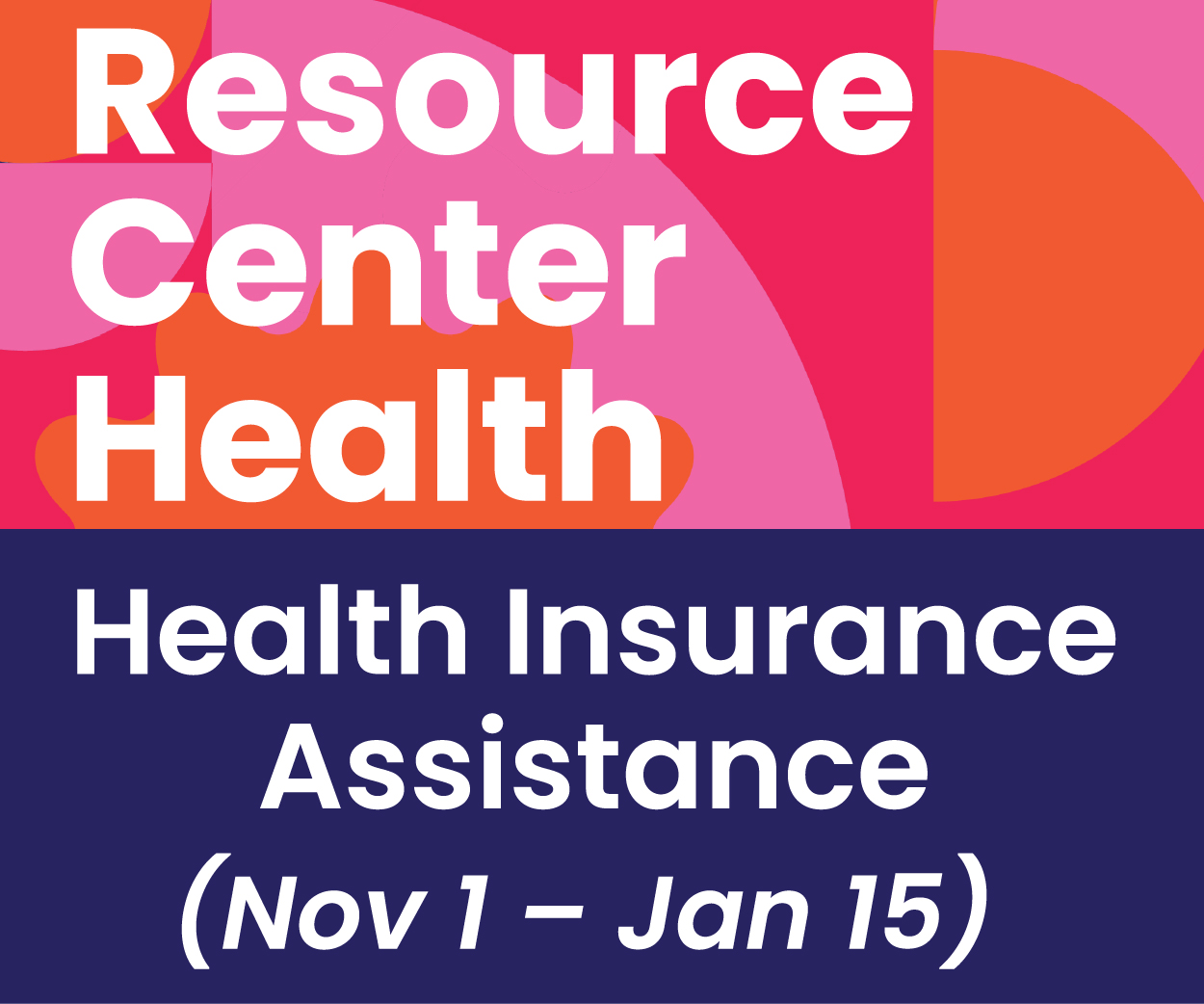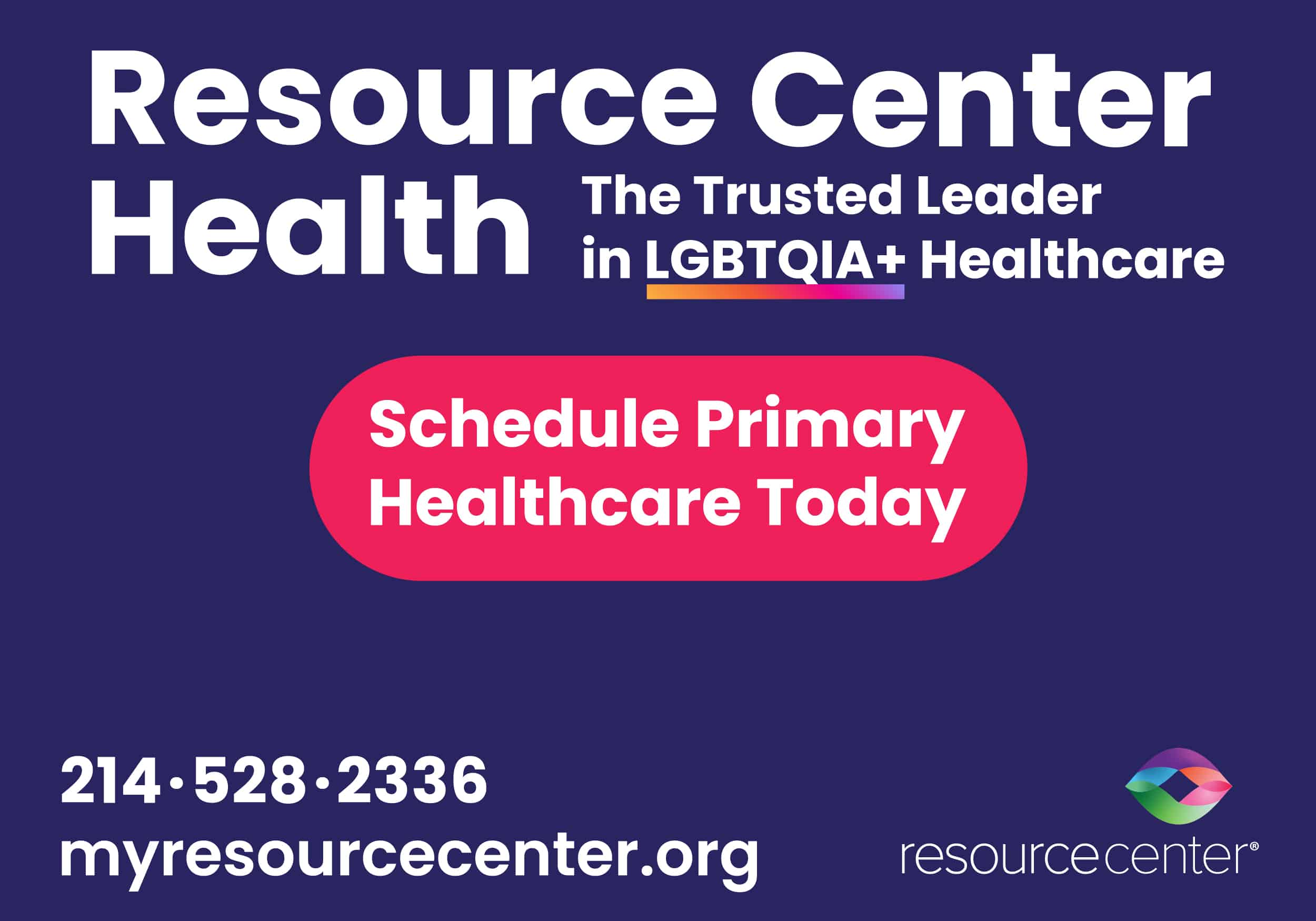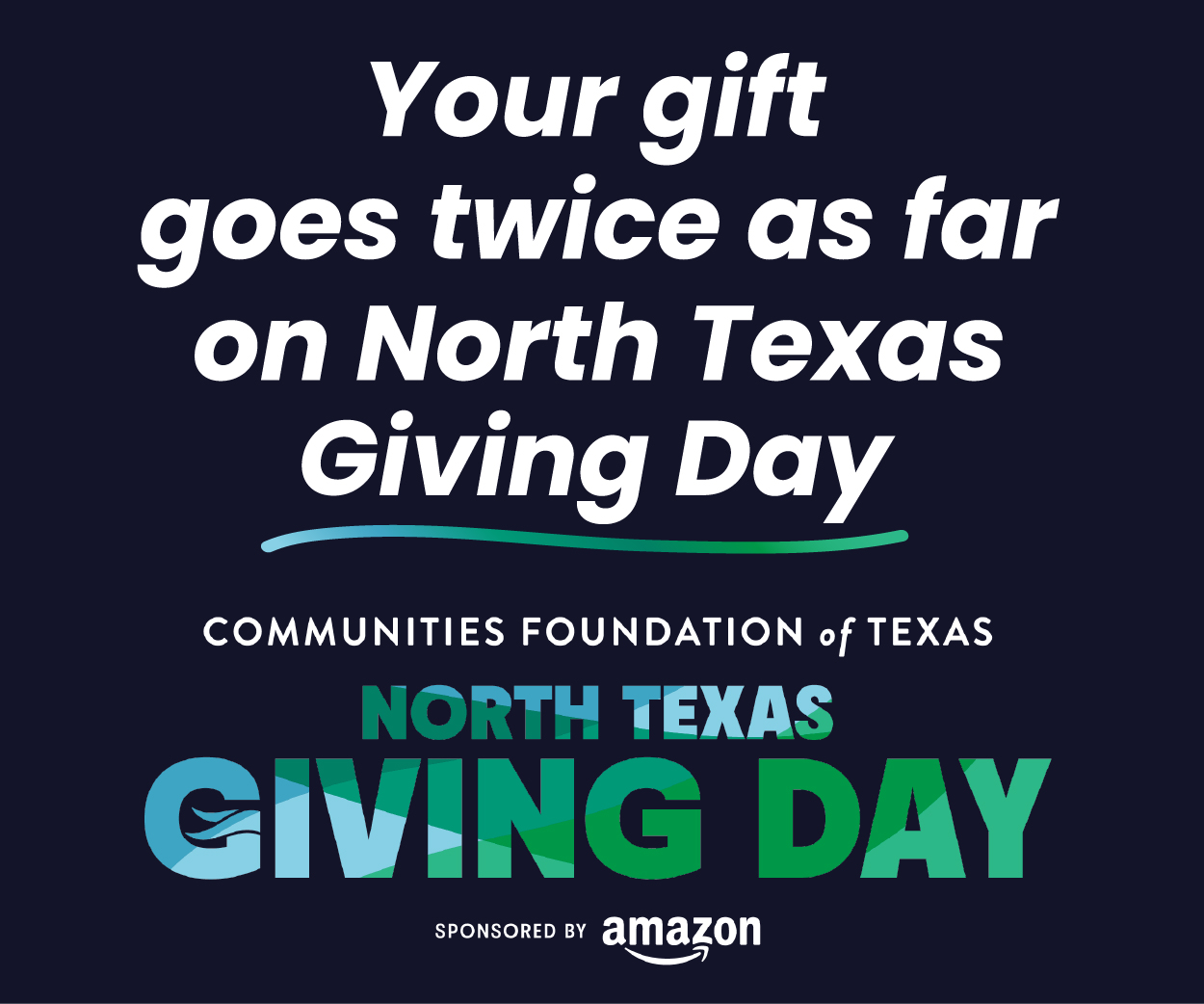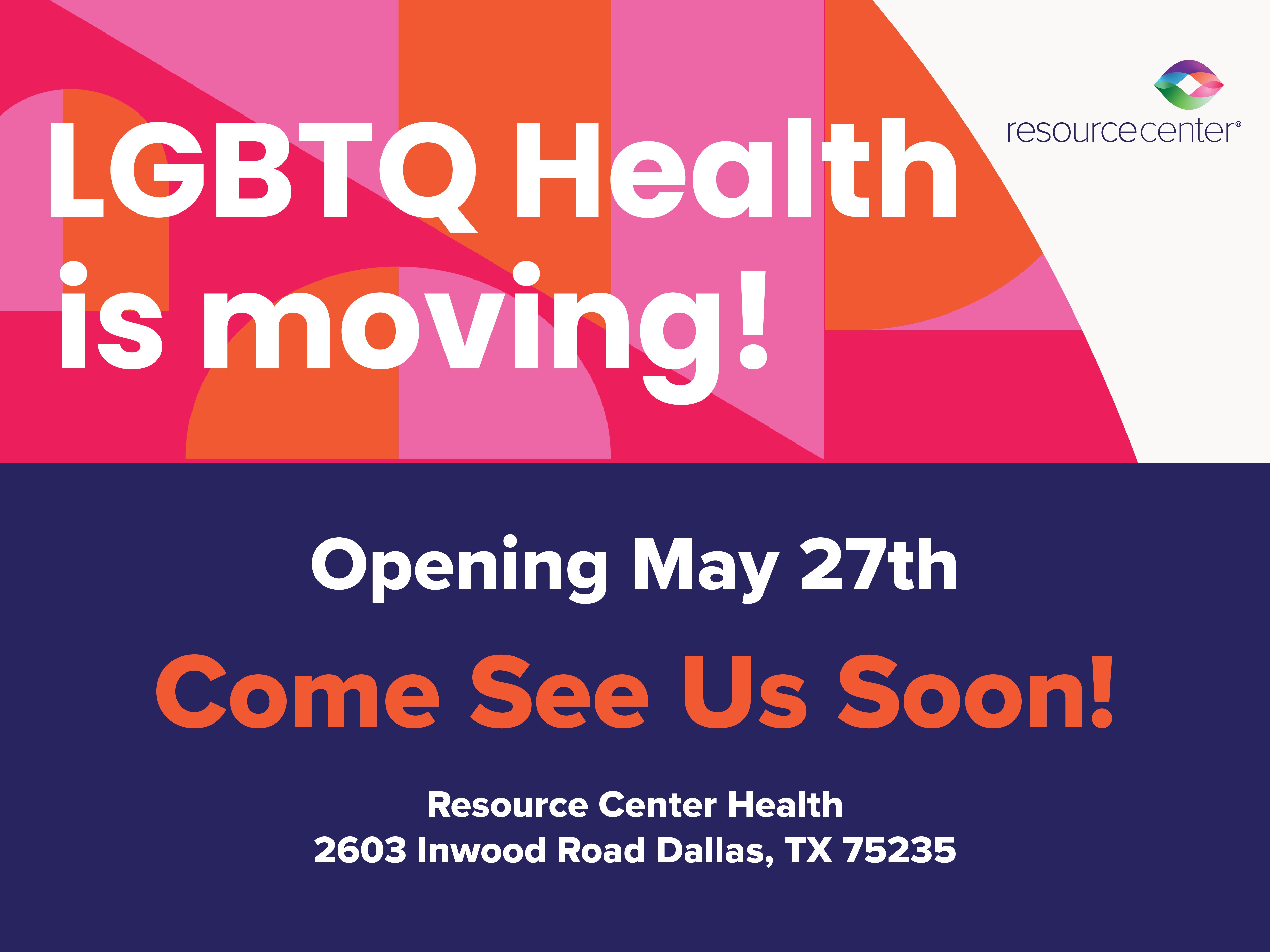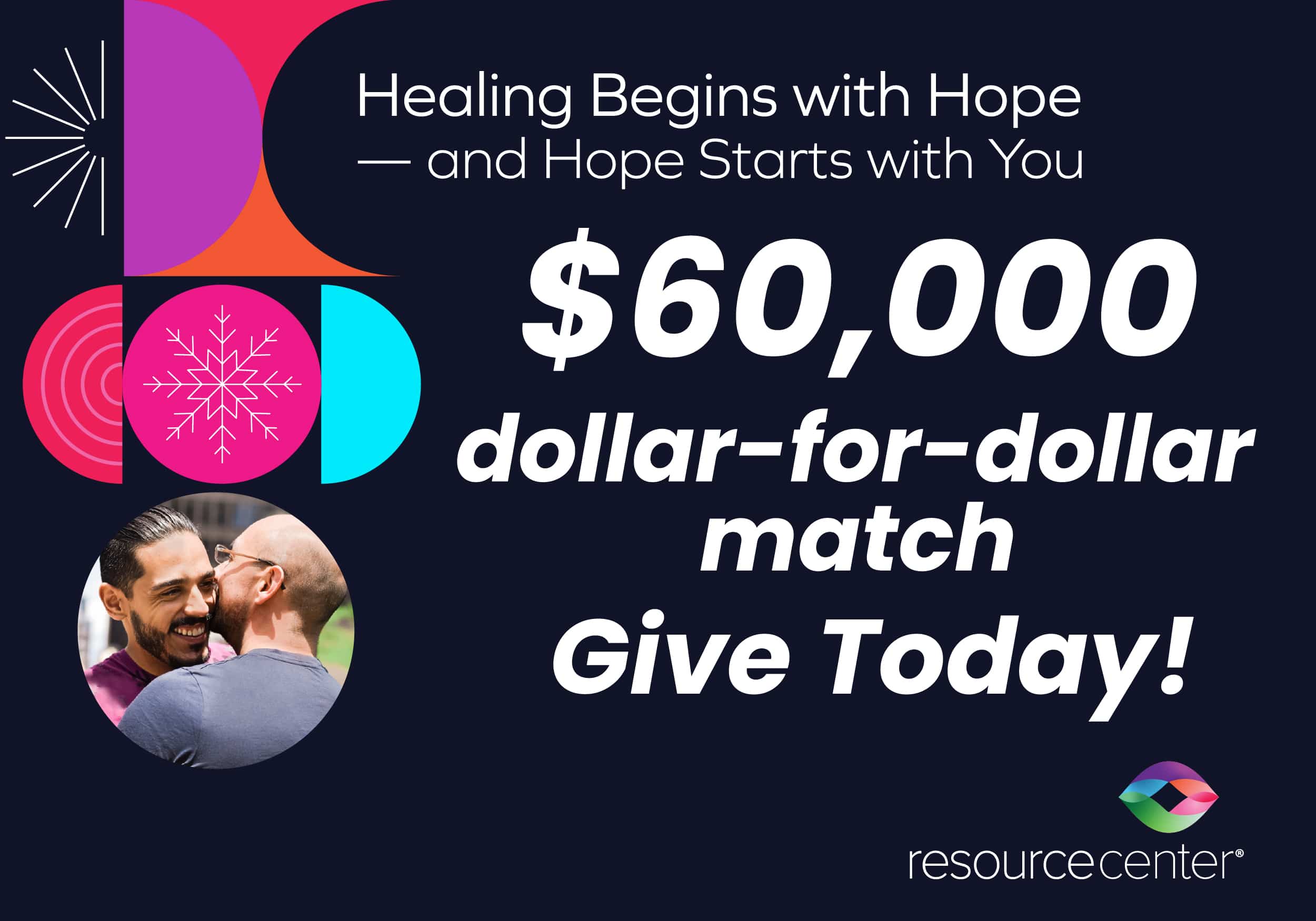June 28, 2021
Queer students are virtually invisible in Texas school’s current sex education programs. This leaves queer youth uninformed about basic anatomy, healthy relationship skills, and safer sex practices. Sex-education materials do not mention sexual orientation or gender identity at all, All LGBTQIA+ youth deserve education that empowers them to make healthy, informed decisions about their relationships and their bodies. The Center’s new Youth First .program, Queer Sex Ed, helps make that possible.
We spoke to Libby Crank, the facilitator for the new Queer Sex Ed program. Here’s what she told us about this bold, new initiative.
Libby, tell us a little bit about yourself. “Hi there! My name is Libby Crank and I recently moved to Dallas in August from Missouri. My pronouns are She/Her/Hers and I identify as queer. I grew up in St. Louis, MO and Bentonville, AR but eventually returned to MO for college. I graduated from the University of Missouri in 2020 with a bachelor’s degree in Women’s and Gender Studies and a minor in Sociology. College allowed me to explore my passion of education, specifically sex education. I was the president of Sexual Health Peer Advocacy Education (SHAPE), a peer education group on my college campus that spread sex ed information, barrier methods, and other resources. I was also the TA for a course that taught the information required to be in SHAPE. I have a dog named Prim who is my infant baby child, and a partner named Trajan who has always supported my passion for teaching comprehensive sex ed.”
Explain what the new Queer Sex Ed program is and its intention. “Queer Sex ed is a place for Youth First participants to feel comfortable asking any question they’ve ever had about sex and learn and engage with their peers. For many LGBTQIA+ people, the sex ed that they experience at school or at home (if they receive any education at all) is very heteronormative. So, we created Queer Sex Ed so that we could have a space to talk about things not always talked about in conventional sex ed like trans anatomy, consent and more.”
“We also wanted to teach younger people about the power of peer education. Because if you can feel confident and empowered enough to teach others about sex ed, that is actively reducing the stigma around sex in general. We intend to teach queer youth sex ed and give them the tools to go out into the world and educate others and advocate for themselves.”
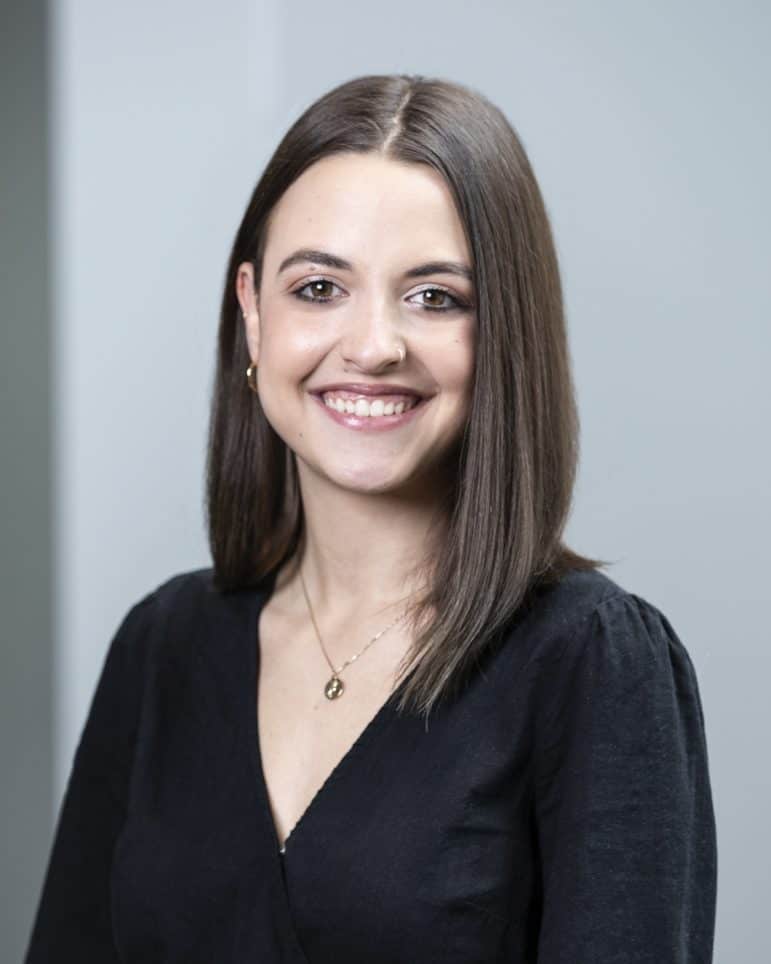
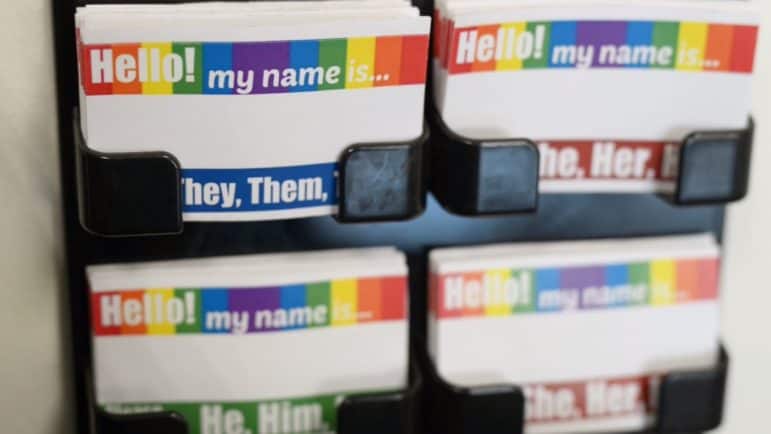
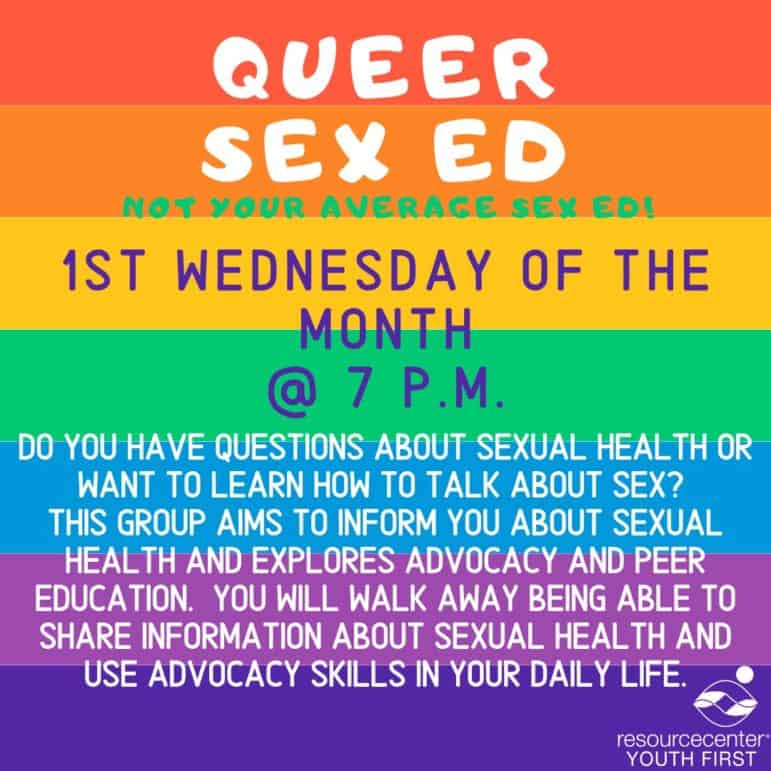
What motivated you to partner with Youth First to create this initiative? “When I first moved to Dallas, I was looking for ways to explore my passion of volunteering, teaching sex ed, and being around other members of the LGBTQIA+ community. I connected with Al, the Community Programs Manager at Resource Center and once they heard about my background, they asked me to help create this new initiative. I felt very flattered and honored to be a part of building a program from the ground up. In college, I mostly taught other people my age. So, I was very interested in working with younger people. The participants have already taught me so much, I love the collaborative relationship we have built in the program. I also think it’s really important to have these discussions at a young age, so that as they get older they already feel like they have the tools to make safe decisions.”
What are some of the topics the Queer Sex Ed group discusses? How have the participants responded? “So far, we have discussed sex ed in general meaning, where have they received sex ed before, what do they have questions about, etc. That first session was amazing because we had more participation than I expected. It can be hard to get anyone to talk about sex, so to have the youth participants be excited to learn and answer questions made me really excited for the future of the program. Last month our topic was consent and it was amazing. We also discussed healthy communication and relationships. One of my favorite parts about leading this group is hearing the participants discuss their own personal experiences, and then see their peers relate and support them. I have been so happy with the positive and collaborative response so far!”
What does a typical meeting look like? “We meet for two hours over Zoom every first Wednesday of the month.* So far, we usually get an average of 10 participants in each session. I like to start the meeting with a fun introduction so we will do name, pronouns, and I try to think of a fun, unique question like “What is your favorite late-night snack?” Then, Atticus, who is our Peer Facilitator, and I will split up the content and discussion questions. So normally I’ll speak and ask questions for about an hour, Atticus will do the same, and then I will wrap it up by asking questions to see what the participants will be taking away from the program. Sometimes the youth stay on afterwards and socialize. We watch videos, PowerPoint slides, have discussions, and do any activity we can virtually. I’m so excited to start meeting in person again so we can do even more activities.”
What does success look like for this program? “Success for this program looks like empowered LGBTQIA+ youth who feel like with this information, they can go out into the world and make safe, informed decisions about their health and sex life. It also means they are confident enough to share the information with others. I will feel like we have reached success when I know the participants have the tools to advocate for themselves and others. My goal is to give them the fishing pole and then have them teach me how to fish. Success also looks like the participants just feeling safe in our space. If our monthly session can be a haven of support and knowledge for just one participant, I will feel like I’ve done my job. In my own experience as a queer person, I have often felt left out of these conversations. I’ve also met so many people who have had zero exposure to sex ed. So, if I can simply make the participants feel comfortable while we are discussing these topics, I will feel successful. From there, so many doors can be opened that will hopefully make the participants feel confident and empowered overall.”
*Queer Sex Ed will meet in person the first Wednesday of the month at Resource Center starting July 7 from 7-9 p.m.
